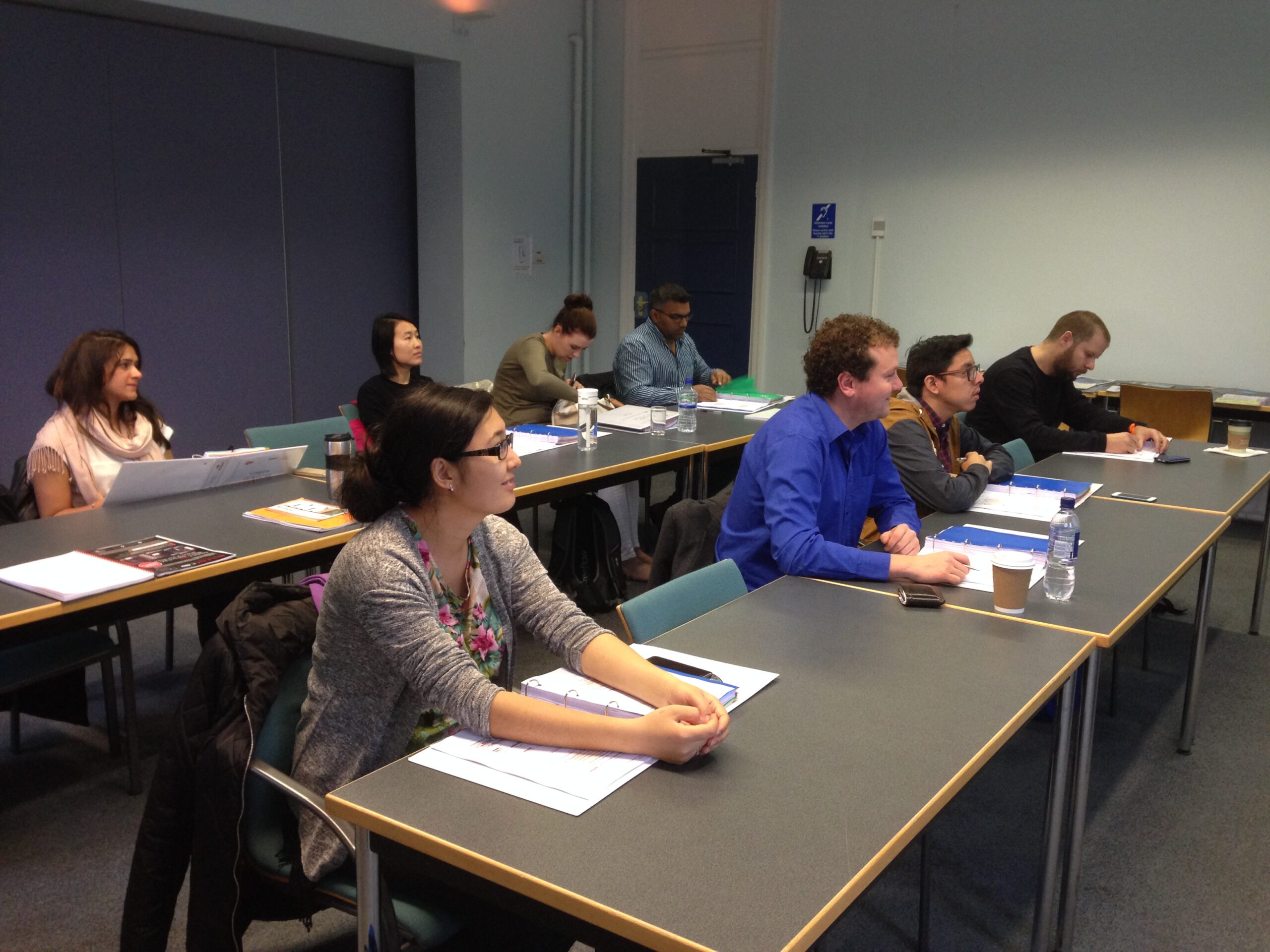Practical Essentials of GC and GC-MS advanced injection

- Duration: 6.50 hours for Virtual Classroom training
- Experience level: Advanced
- Delivery methods: Offsite training & consultancy | On-Demand | Online | Onsite training & consultancy | Tailored training |
- Type of course: Universal
- Applicable to manufacturer(s): Agilent | CTC | GERSTEL | GLSciences | Shimadzu | Thermo |
- CPD Approved: Approved
- Scheduled course price: £385.00 + TAX per delegate
- Course discounts: RSC CAMS HEaTED members receive a discount on this course

What will you learn on this course?
This course combines the two advanced Practical Essentials courses covering Multi-Mode Inlets (MMIs) & Programmable Temperature Vapourisers (PTVs) and Large Volume Injection (LVI) courses.
The first part of the course focuses on the added functionalities of PTVs over standard hot inlets as a truly multi-mode inlet. Time will be spent looking at the theory and advantages of cold split and cold splitless injections and the uses for cold-trapping, high final inlet temperatures, large volume injections and additional techniques like thermal desorption and extraction. The course will cover creating, using and optimising cold injection methods to analyse thermally labile and high molecular weight samples and looking at other PTV techniques.
The second part of the course looks at the theory and advantages behind the different large volume injection techniques along with how to create, use and optimise LVI methods, covering rapid (at once), speed-controlled and multiple large volume injection (LVI) techniques.
Learning outcomes
- You will learn about the various PTV injection techniques and the pros and cons of each type
- You will learn about the various large volume injection techniques and the pros and cons of each type
- You will learn how to select the best techniques for your samples and analytes
- You will learn about the individual parameters required to be optimised for each technique
- You will learn how to develop a PTV method
- You will learn how to develop an LVI method
- You will have examples of applications using the techniques





